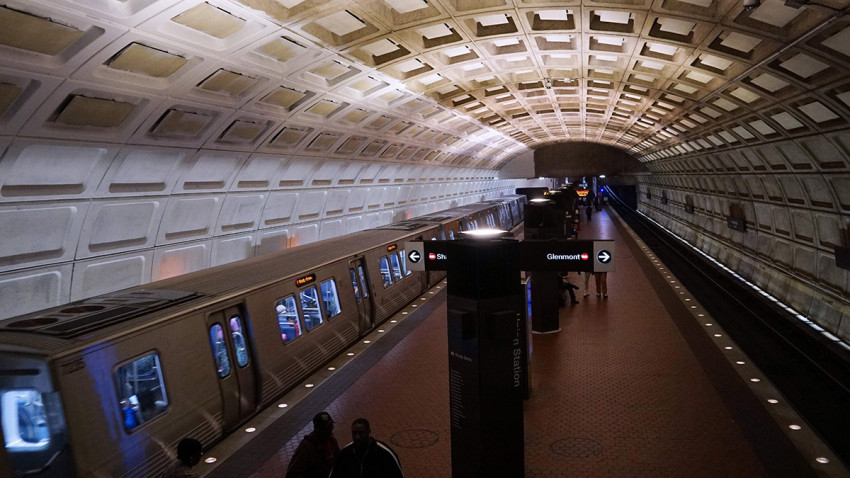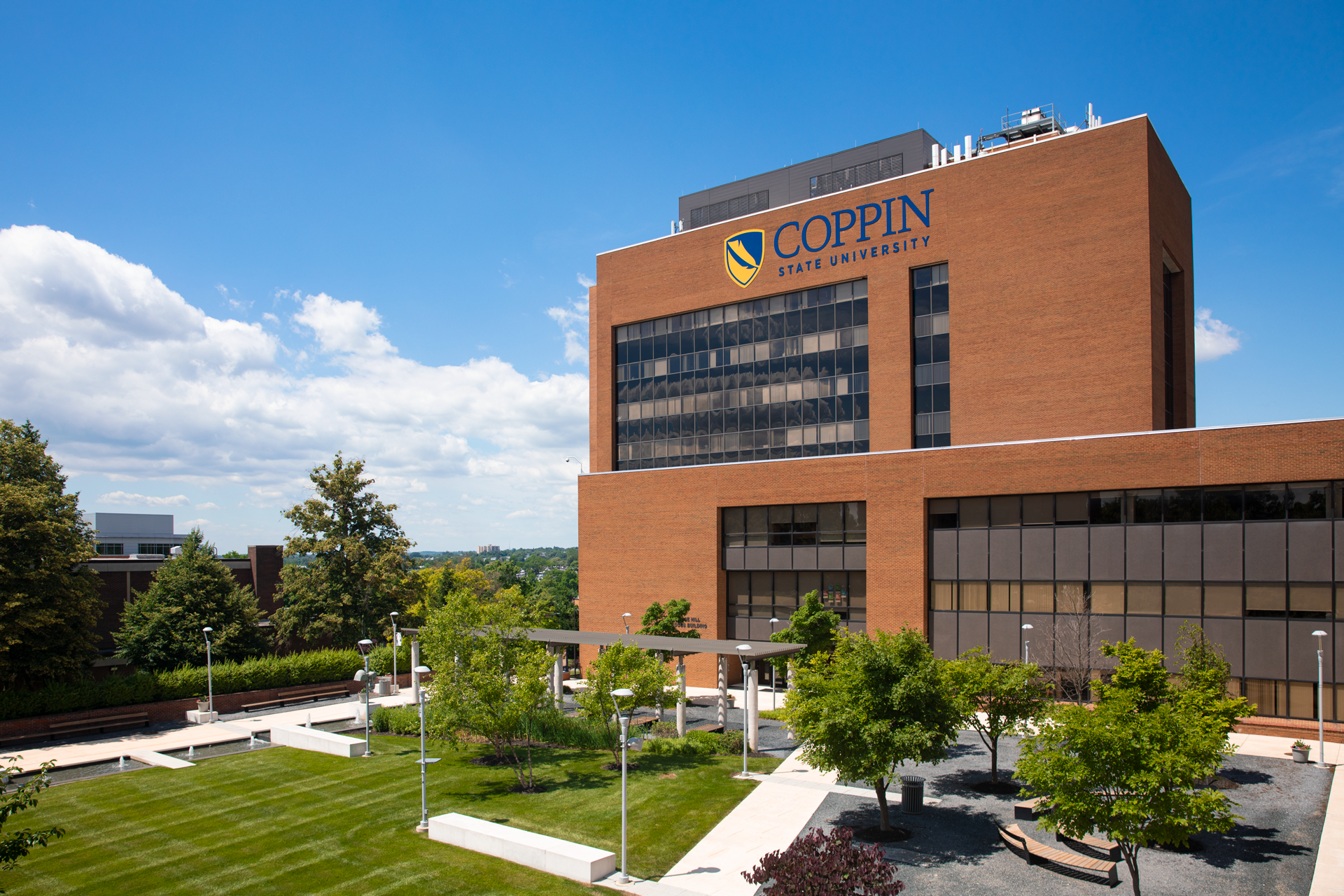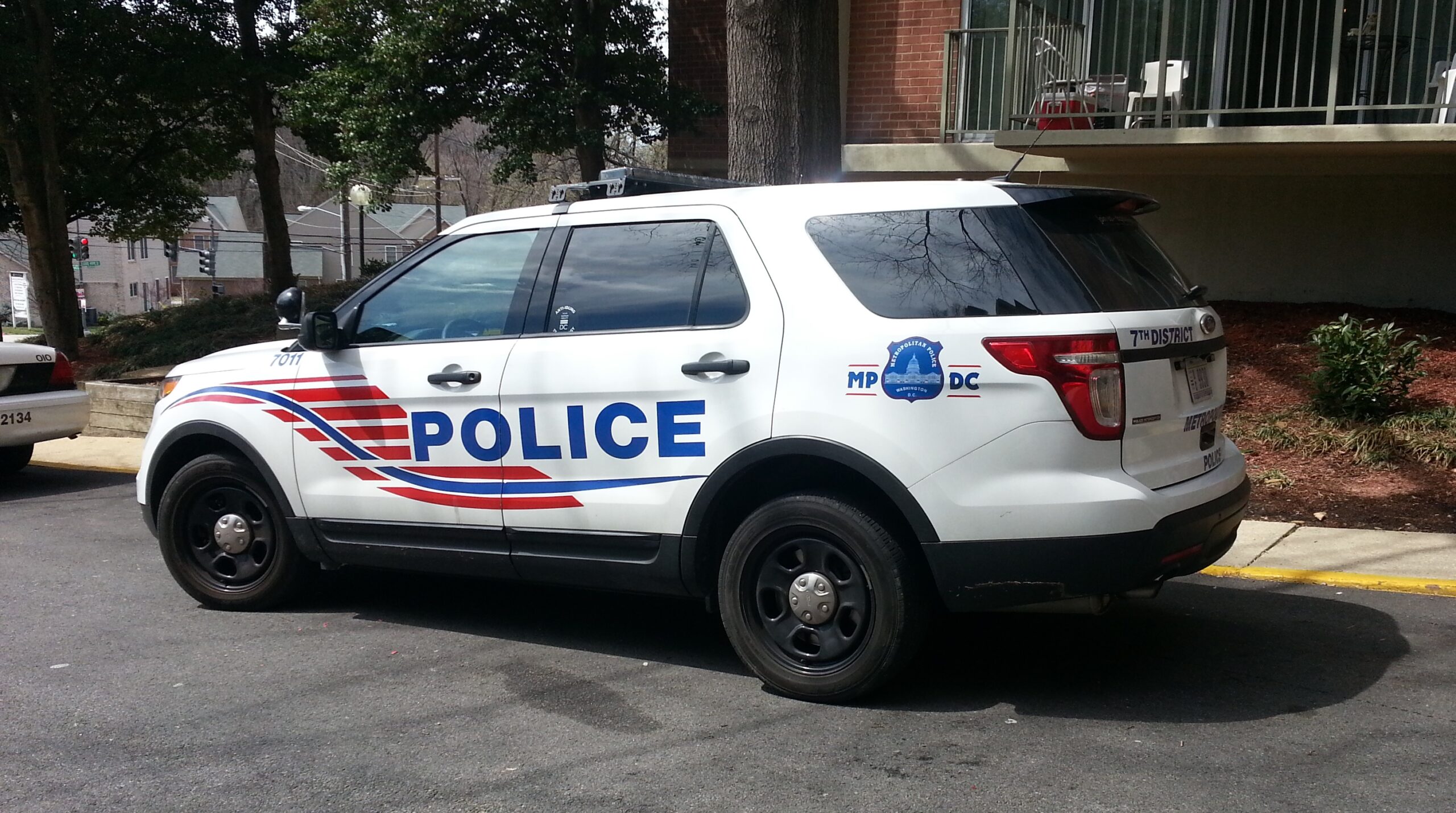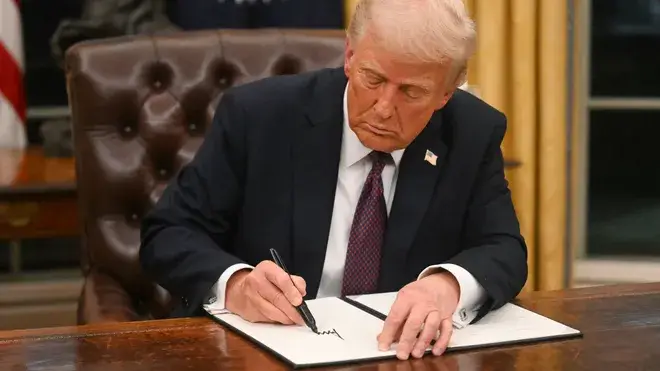
Metro COVID-19 Recovery Plan
As of Monday, May 11, Metro released details of the COVID-19 pandemic recovery plan. This initiative aims to ramp up service, protect customers and employees. In close alignment with the local government, employers, and federal government, Metro’s phases of recovery aim to remain in line with gradual steps of relaxing stay-at-home policies, return to workplaces, and the widespread availability of testing, treatment, vaccines, and other measures.
Metro’s Pandemic Task Force is currently monitoring infection and ridership trends with aims to increase service ahead of potential demands for proper social distancing. They want to limit risk to employees, current modified schedules and practices will continue, with possible adjustments.
Since March 13, Metro has remained in stage 3 of the Pandemic Response Plan. The recovery strategy will be discussed at Metro’s Board of Directors meeting on Thursday, May 14. The next phases of recovery include stabilization, managed re-entry, recovery, and resilience.
- Stabilization: As stay-at-home orders are expected to be lifted this summer. Metro will continue to ask customers to use the system only for essential trips and to protect themselves and others through hand hygiene and by wearing face masks or coverings when using the Metro system.
- Managed re-entry: As regional businesses and governments scale back teleworking and schools reopen, Metro will aim to ramp up service ahead of demand to allow for proper social distancing for those who need to travel. In this phase, all Metrorail stations currently closed as part of the COVID-19 response will reopen. All Metrobus routes will operate, with some service limitations such as reduced intervals between bus departures. The tentative managed re-entry period is this fall when schools reopen.
- Recovery: When a treatment and/or vaccine is widely available, Metro will continue to ramp up service to meet ridership demand as economic activity increases. The system will return to post-pandemic hours of service.
- Resilience: Post-pandemic, Metro will analyze the response to COVID-19 to make the system safer and more resilient to future pandemics.
With low ridership, summer track work will continue during the stabilization period this summer to reduce impact for riders. The first track work is targeted to begin June 7-13 at L’Enfant Plaza, Waterfront and Navy Yard stations. The current recovery plan includes targeted week-long shutdowns of 3-5 stations at a time for track maintenance and upgrades. Headways will not be affected, and Bus bridges will be provided in shutdown zones.
Metro encourages riders to follow guidance from the Centers for Disease Control (CDC) by wearing a cloth face covering or mask, along with following executive orders and local direction of essential travel only. For additional information, please visit wmata.com/covid19.











